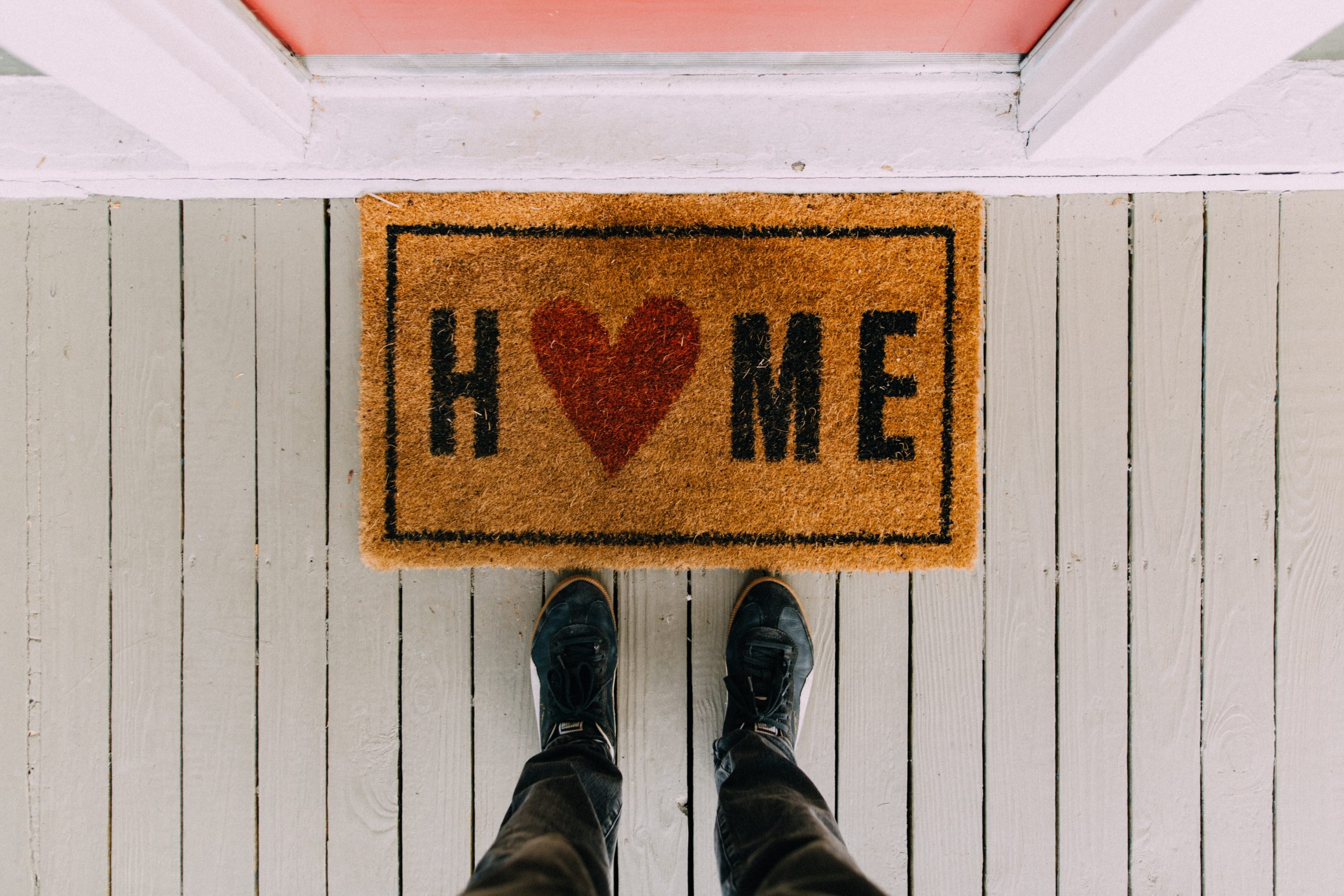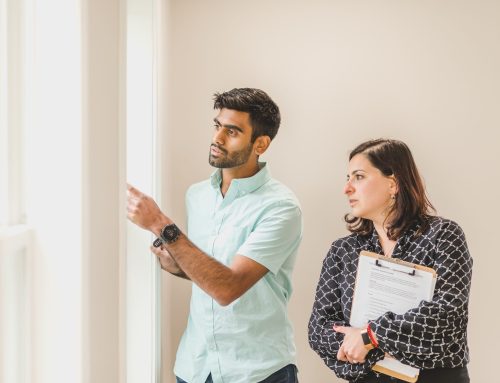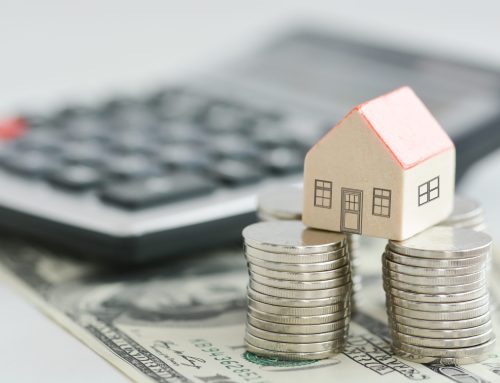What is the first step of the home buying process?
Getting pre-approved for a mortgage loan is the first step when buying a home. If you don’t know any loan officers, you can find an agent first and they can refer you to some.
- Knowing how much you can borrow will help you narrow your search for the right home. The lender will provide you with a loan estimate that will show you how much is required for a down payment and closing costs. Most of the time, it’s less than you think!
- Most real estate agents will require a pre-approval letter before showing homes, and you’ll need a pre-approval to submit an offer.
When should I apply for a mortgage pre-approval?
It’s best to get pre-approved before looking at homes. This will help determine the house price range you can afford. Pre-approvals typically take 1-3 days. You won’t actually apply for the mortgage until you have a home under contract.
What kind of home can I afford?
It’s best practice to first look at how much money is coming in versus how much money you are spending. A lender will help you to determine how much you should spend and will let you know about interest rates, down payments, lender fees, etc. There are also plenty of affordability calculators out there to help you. Here (https://www.bankrate.com/calculators/mortgages/new-house-calculator.aspx) is one of our favorites.
What kind of credit score do I need to buy a home?
Typically, loan programs require a FICO score of 620 or higher. The higher your credit score, the less risk you seem to the lender. This will often result in a better interest rate. Alternatively, borrowers with lower credit scores usually pay a higher interest rate.
How much do I need for a down payment on a home?
Minimum down payment amounts can range from 3% all the way up to 20%. It’s best to discuss what best fits your financial goals and the available lending programs with your lender.
How much does it cost to pay a real estate agent to help me buy a house?
For most transactions, there are two cooperating agents involved. One represents the seller and one represents the buyer. In most real estate transactions, the seller pays the commissions for both agents. That means as the buyer, you typically won’t pay any commissions to your agent.
How long does it take to buy a home?
Typically from 10 to 12 weeks, but, of course, it depends a lot on market conditions. In a hot market with lots of home sales, parties such as lenders and inspectors, are in high demand and will require a longer turnaround time.
Once a home is selected and the offer is accepted, the average time to complete escrow is 30 – 60 days in normal market conditions.
What is a buyer’s market?
A buyer’s market is the decline in demand for homes, which decreases home prices. Interest rates trending downward, high inventory, and other economic factors affect the state of the market.
How many homes should I view before buying one?
As many as you want! Searching for homes online and seeing pictures, before even visiting the house is convenient and can eliminate a lot, but visiting a home in person is a completely different experience.
What happens after I put an offer on a home?
Your offer can be accepted, rejected, or more commonly, the seller will initiate a counteroffer. You and your agent will then determine what the next step is for you. Offers and counteroffers can go-back-and-forth many times and negotiations are a routine part of an agent’s job.
What is an earnest money deposit?
An earnest money deposit is a way to show the seller that you are a serious buyer. Once an offer is accepted, that deposit goes to the title company to start the escrow process of closing the transaction. The earnest deposit is credited back to you at closing or, if there is a cancellation, you typically will receive that deposit back.
How long can the seller take to respond to my offer?
Written offers will clarify the timeframe in which the seller should respond.
Should I get a home inspection?
Home inspections are highly recommended! A licensed inspector will perform an inspection and can reveal issues in the home that are not easily detected. If the inspection reveals any unacceptable conditions for you, you may ask that the seller fix those prior to closing, credit you the cost of the repairs, or reduce the purchase price. You and your agent will determine the best next steps.
Do I need to do a final walk-through?
It’s always a good idea to make sure nothing has changed and everything is as expected before move-in. If you’ve had any repairs done prior to closing, it’s best to do a final walk-through to make sure those were completed and done correctly.
What if I change my mind or can’t go through with the purchase?
The real estate contract should have stipulations that allow you to cancel. Just know that depending on the reason for cancellation, you may or may not be able to get your earnest deposit back. Your agent should advise you on how best to proceed if you are unable to complete the purchase.






